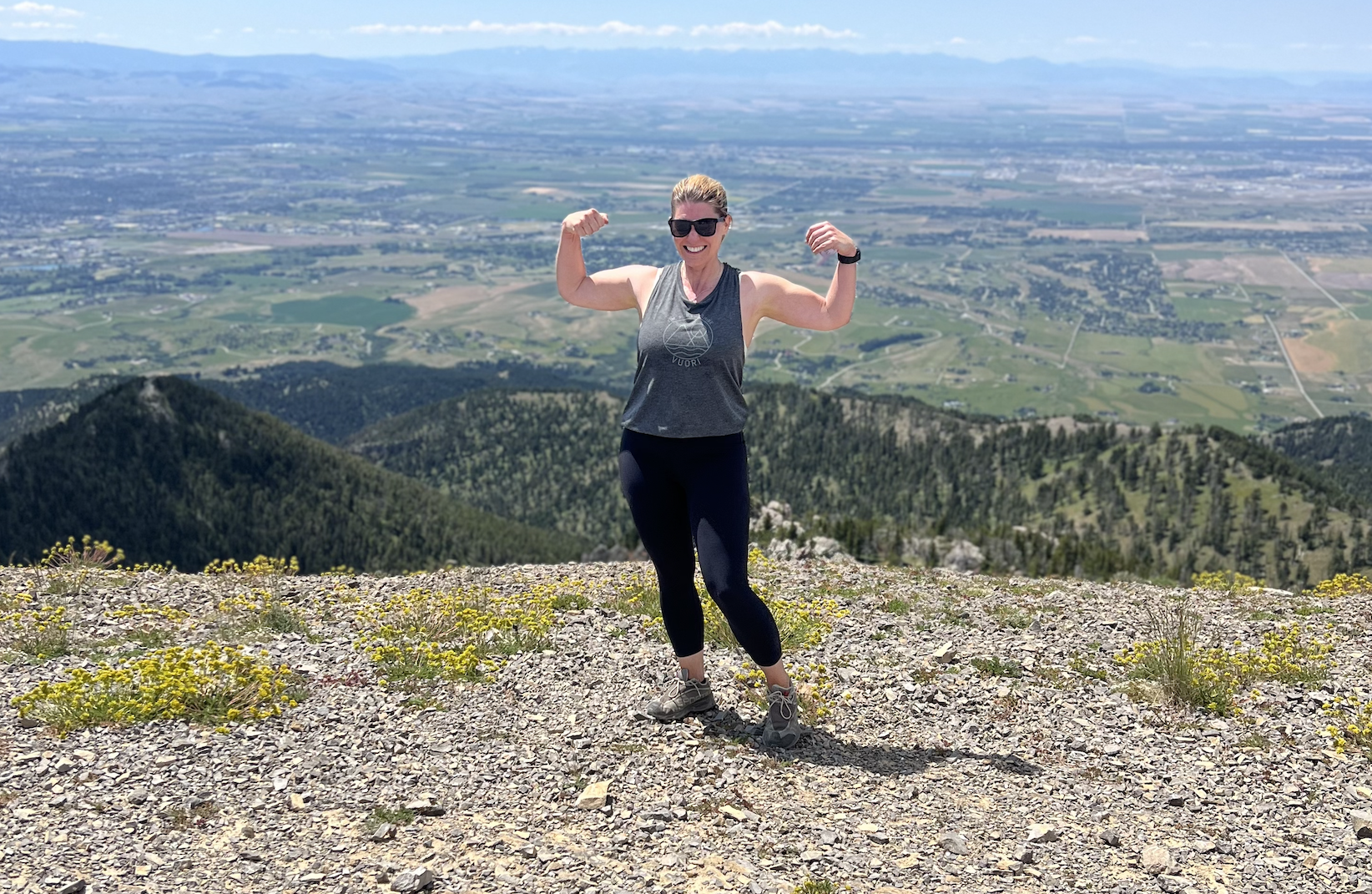Show Notes:
Neal Collins, Co-Founder/Partner of Hamlet Capital and Latitude Regenerative Real Estate, shares how his team focuses on creating walkable, conservation-driven communities that integrate agriculture, wellness, and long-term stewardship. Drawing on experience in climate adaptation, international development, and mixed-use real estate, we discuss why buyers increasingly seek places that connect food, health, and community, and how regenerative planning, municipal collaboration, and thoughtful capital structures can turn underused land into resilient, multi-generational neighborhoods.
Key Takeaways:
00:00 Introduction.
00:45 There is growing demand for communities that prioritize health, lifestyle, and authentic connection.
02:58 Conservation-based planning preserves most of the land while enabling compact, mixed-use neighborhoods.
07:13 Climate disruption in early life shapes how leaders view risk, resilience, and community.
11:20 Developers increasingly seek guidance to align projects, capital structures, and long-term operations.
15:52 Collaboration with municipalities helps balance housing delivery, conservation goals, and infrastructure capacity.
19:10 Regional differences require distinct entitlement strategies, timelines, and engagement approaches.
21:48 Multidisciplinary teams bring agriculture, design, hospitality, and finance into a unified vision.
31:10 Ongoing inspiration comes from innovations in planning, materials, and regenerative business practices.
Resources Mentioned:
Latitude Regenerative Real Estate website






.png)
.png)
.png)